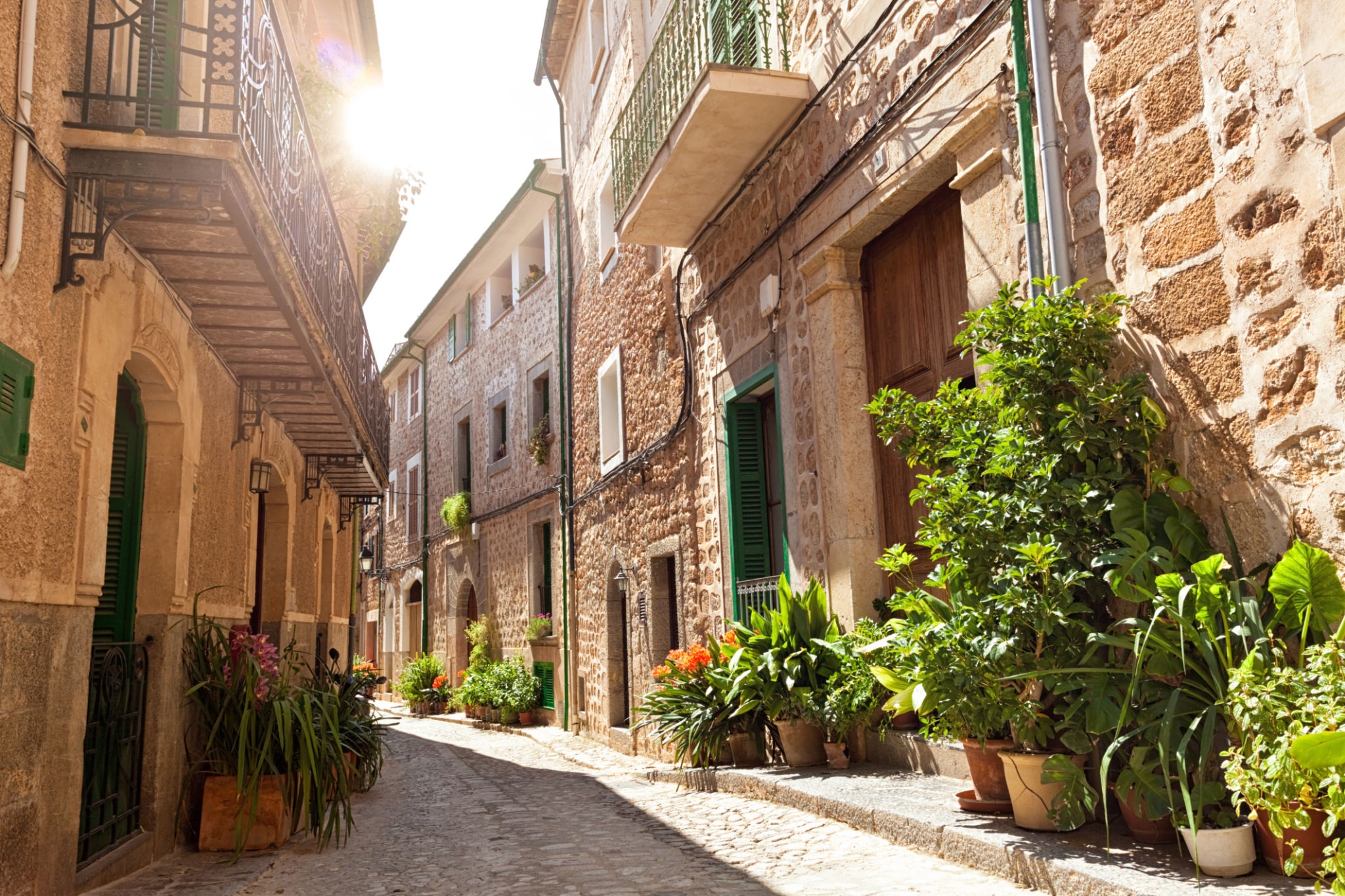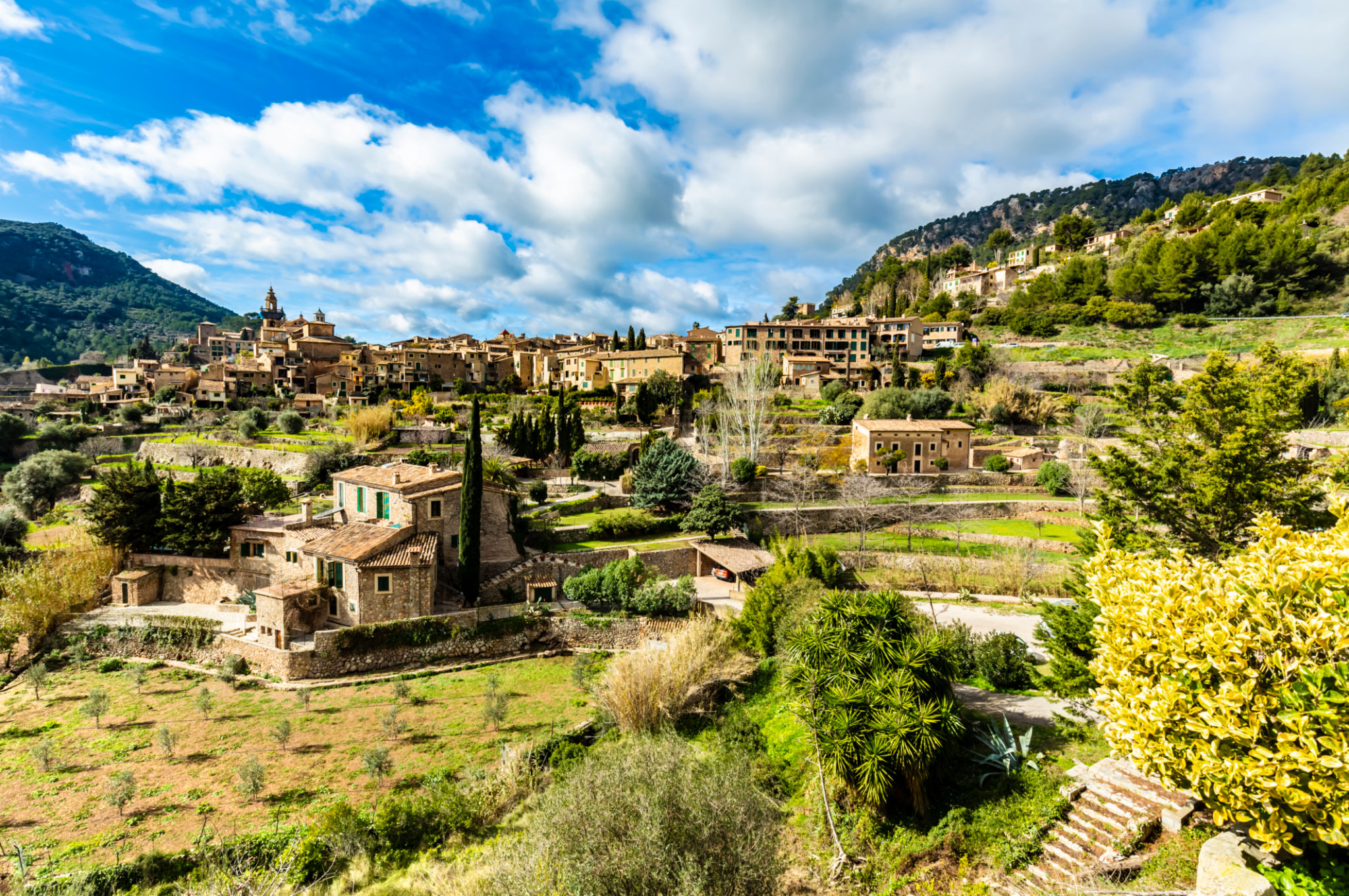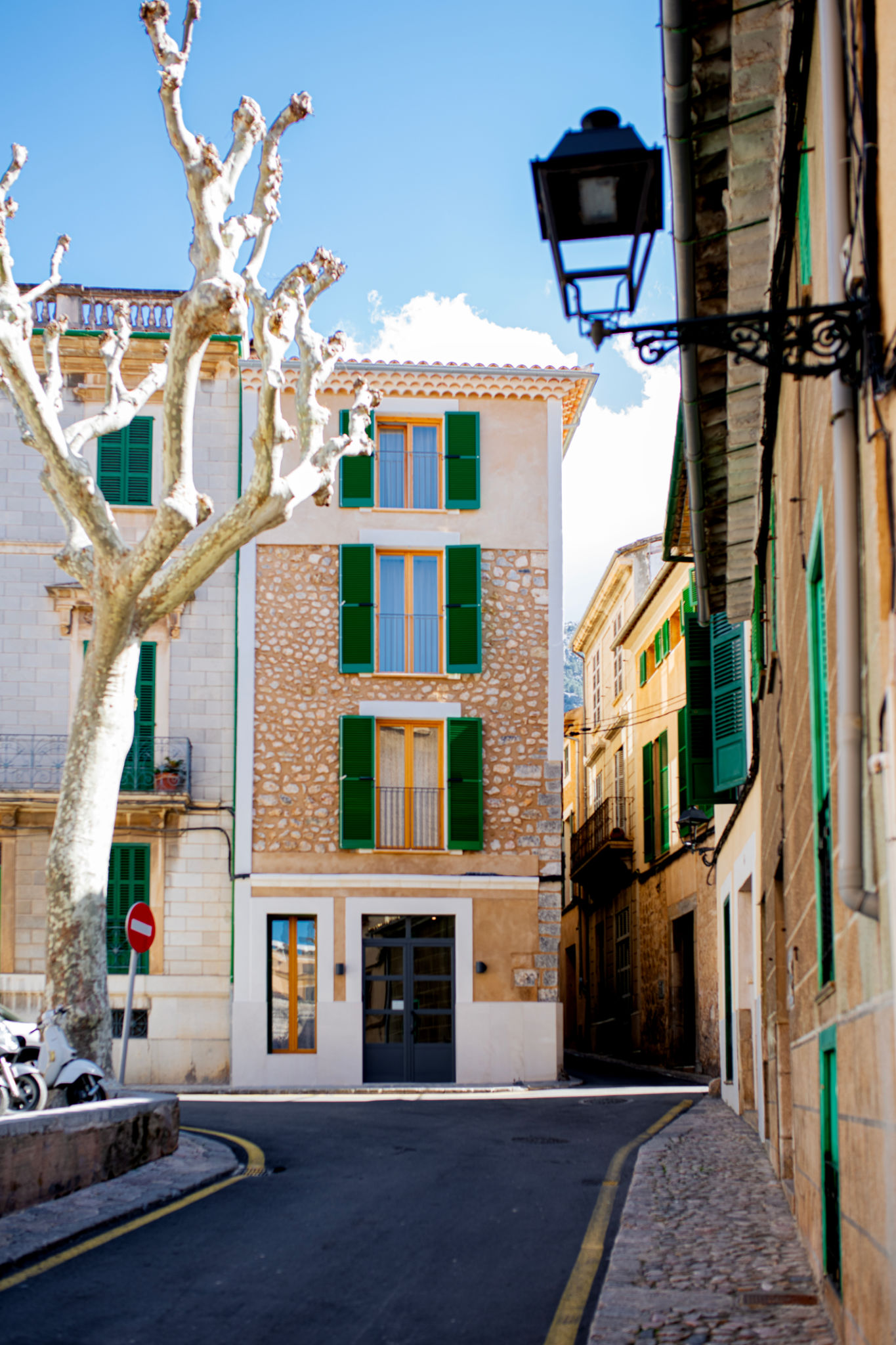Understanding Construction Regulations in Mallorca

The Importance of Understanding Construction Regulations in Mallorca
When embarking on a construction project in Mallorca, understanding the local regulations is crucial. These regulations ensure that all building activities comply with safety standards, environmental considerations, and the aesthetic values of the region. Failing to adhere to these regulations can result in fines, legal complications, or even the demolition of unauthorized structures. Thus, it is essential for developers, architects, and property owners to be well-informed.

Key Construction Regulations
Mallorca's construction regulations cover a wide range of aspects. Some of the key areas include zoning laws, building permits, environmental impact assessments, and heritage conservation. The local government has put these measures in place to maintain the island's charm and ecological balance while allowing for modern development.
One of the primary steps in any construction project is obtaining the necessary permits. In Mallorca, this involves submitting detailed plans to the local town hall (ayuntamiento) for approval. The process can be lengthy, but it is a vital step to ensure that your project meets all local legal requirements.
Environmental Considerations
Mallorca is renowned for its stunning landscapes and natural beauty, which is why environmental considerations play a significant role in the island's construction regulations. Projects must undergo environmental impact assessments to evaluate their potential effects on the natural surroundings. This requirement helps preserve the island's biodiversity and protect its unique habitats.

Additionally, certain areas of Mallorca are designated as protected zones, where construction is either heavily restricted or prohibited. Respecting these zones not only complies with regulations but also contributes to the sustainability of the island's environment.
Zoning Laws and Heritage Conservation
Zoning laws in Mallorca dictate what types of structures can be built in specific areas. These laws help maintain the character and functionality of different regions on the island. For example, urban areas may have different regulations compared to rural or coastal zones. Understanding these distinctions is essential for any construction project.

Heritage conservation is another critical aspect of construction regulations in Mallorca. The island is rich in historical sites and traditional architecture that require preservation. If a project involves renovating or altering a heritage site, additional permissions and oversight from local authorities are needed to ensure that the historical value is not compromised.
Navigating the Regulatory Process
To successfully navigate Mallorca's construction regulations, it is advisable to work with local experts who have experience in dealing with the island's bureaucratic processes. Engaging with architects, engineers, and legal professionals familiar with local laws can streamline the process and help avoid potential pitfalls.
Moreover, staying informed about any changes in legislation or new regulations is crucial. The construction landscape in Mallorca is dynamic, and being proactive about understanding these changes can prevent future issues and delays.
Conclusion
Understanding and complying with construction regulations in Mallorca is essential for any successful building project on the island. By respecting zoning laws, obtaining necessary permits, considering environmental impacts, and preserving heritage sites, developers can contribute positively to Mallorca's growth while maintaining its unique charm. Ultimately, a well-informed approach not only ensures legal compliance but also supports sustainable development that benefits both the community and the environment.